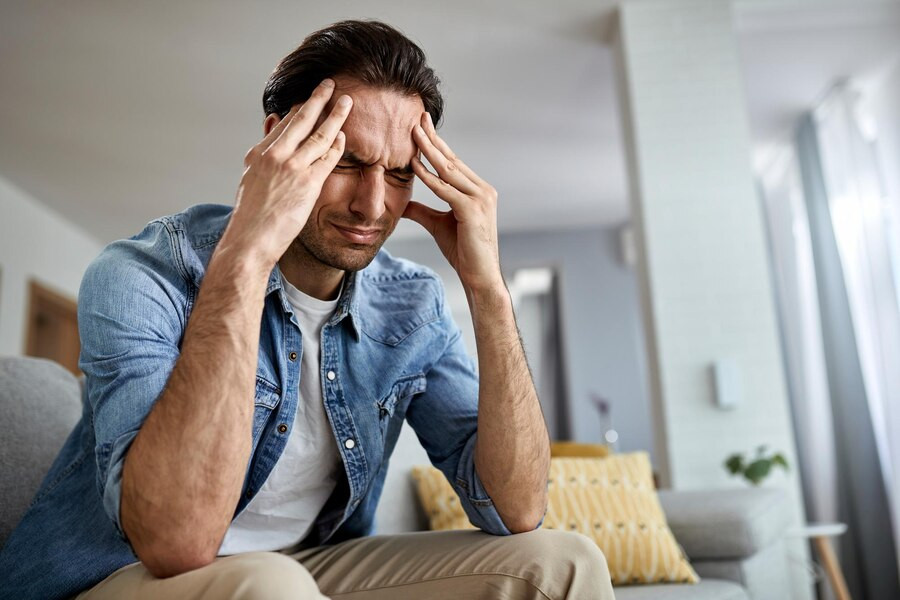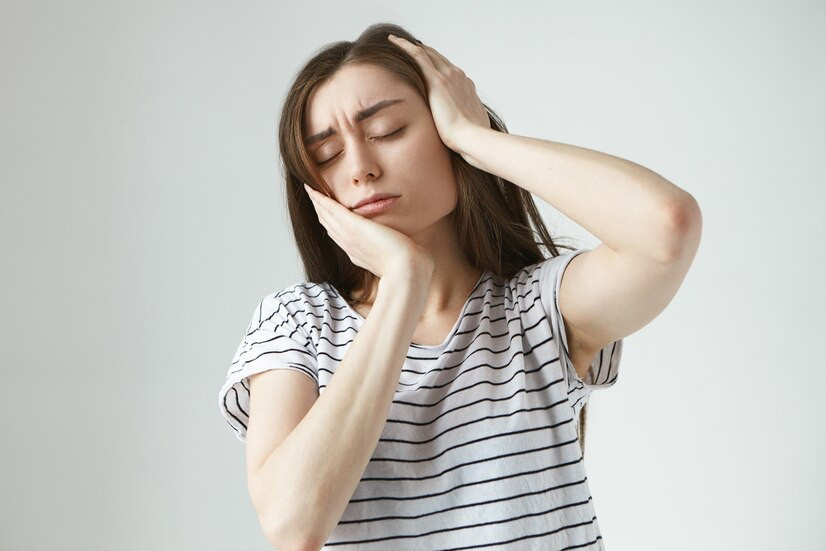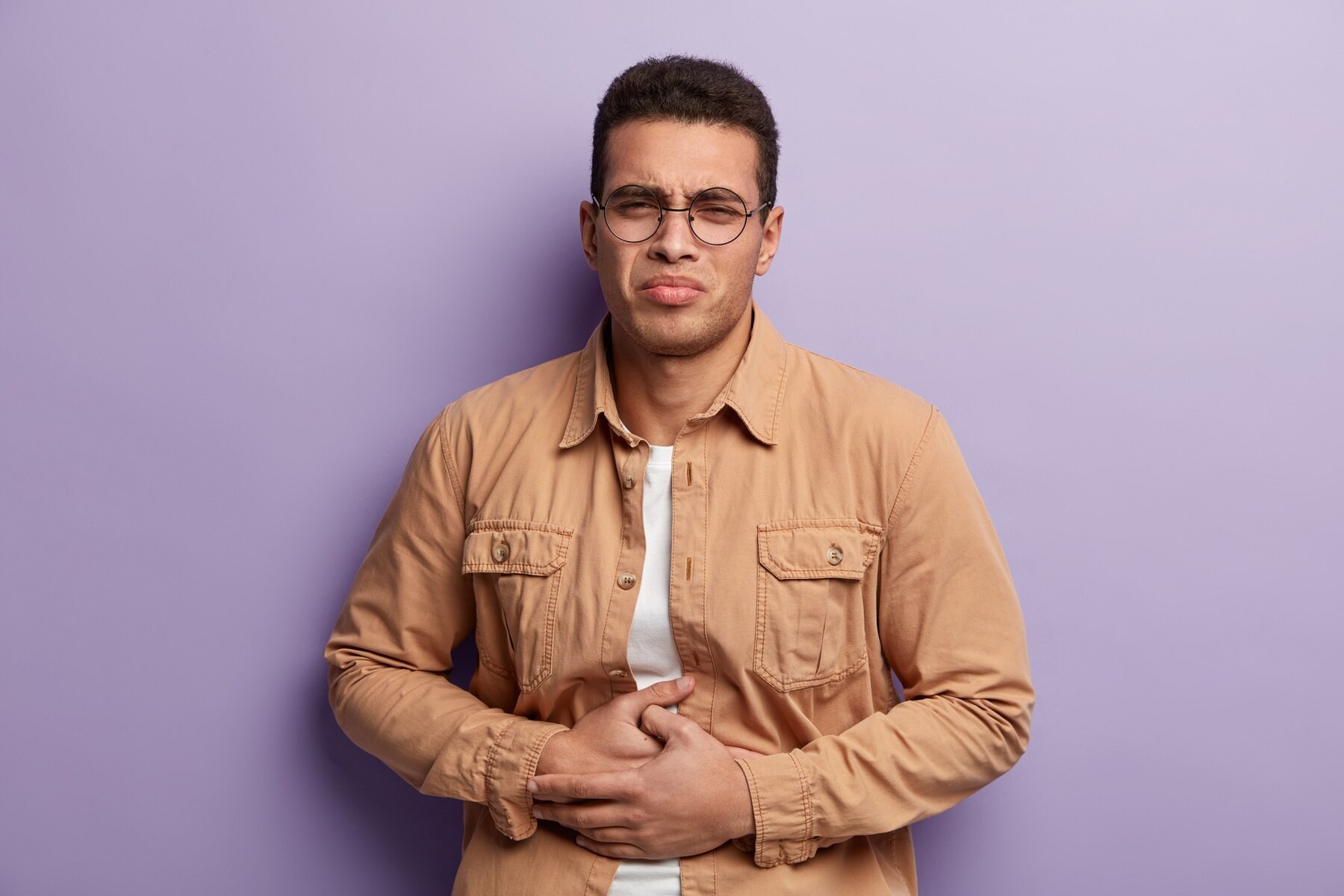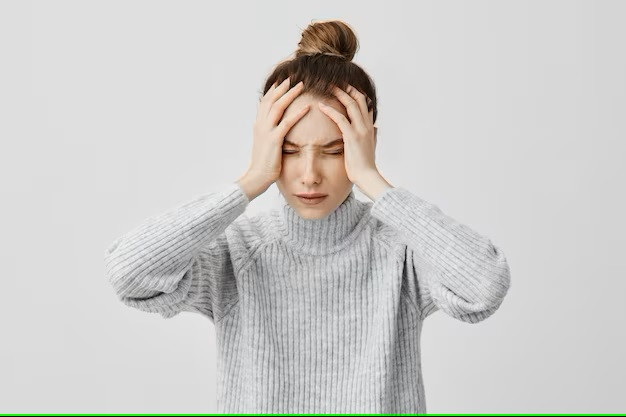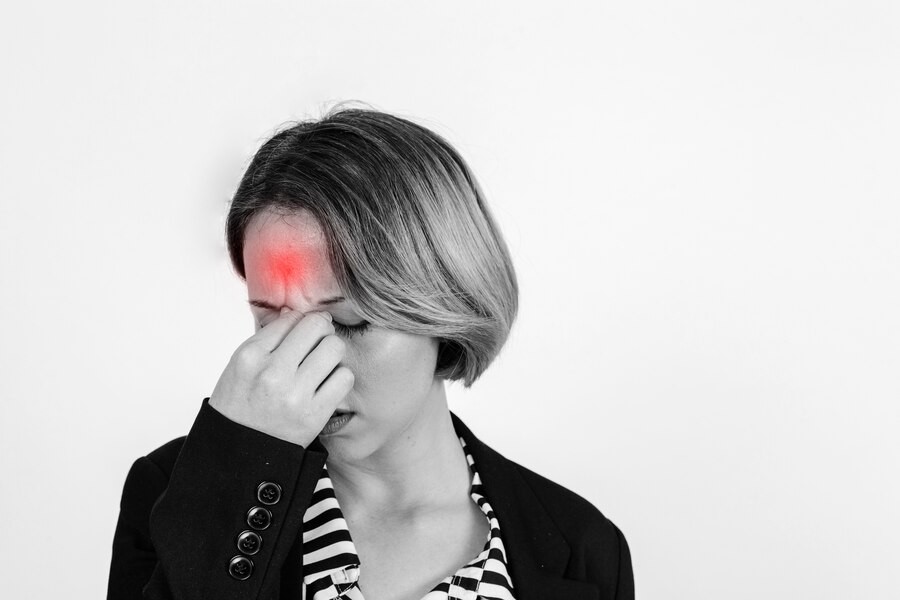Sleep is crucial for maintaining good physical and mental health. Lack of sleep has been linked to a number of health issues, such as headaches.
Studies indicate a strong correlation between sleep disorders and certain types of headaches. Learn about the different kinds of headaches that can result from staying up late and not getting enough sleep, as well as how to treat them.
Three different types of headaches due to staying up late
Staying up late or getting little sleep can cause a variety of headaches, such as:
Migraine
Migraines are a type of neurological headache associated with sleep deprivation or other sleep disorders. Migraines cause intense pain on one side of the head, accompanied by other symptoms such as nausea, vomiting, sensitivity to light and sound, and visual disturbances.
Lack of sleep can cause migraines in a number of ways. Scientists have estimated some of these mechanisms, though research on them is still ongoing.
- Disruptions in the hypothalamus that impact pain perception and heighten migraine sensitivity
- Disruption with the suprachiasmatic nucleus (SCN) that disrupts normal sleep patterns and increases migraine risk
- Disruption of melatonin production that increases the likelihood of waking up with a migraine headache
Also read: Staying Up Late During Pregnancy Increases Risk During Labor
Tension headache
There are several factors that can cause tension headaches, one of which is insufficient sleep. Tension headaches are described as a sensation of tension or pressure on both sides of the head that starts in the forehead and circles to the back of the head.
Tension headaches are thought to be caused by regions of the brain that assist in regulating and controlling hormones and brain signals. Recurrent episodes of insomnia can also lead to tension headaches that appear the next day.
Cluster headaches
Cluster headaches can result from sleeping too little, staying up late, or having irregular sleep patterns. Cluster headaches are characterized as excruciating headaches that typically last anywhere from fifteen minutes to three hours.
Often, cluster headaches cause excruciating, stabbing pain. The pain is localized on one side of the head such as around the eyes or temples.
Studies show people who suffer from cluster headaches tend to have a lower frequency of waking up. This could be because the hypothalamus, a region of the brain involved in controlling sleep, wakefulness, and pain perception, is not functioning as much.
Also read: Brain Freeze, a Sudden Headache When Eating Or Drinking Something Cold
How to prevent headaches from late nights
Of course, the best way to avoid headaches brought on by late nights is to get enough restful sleep. In addition, there are several steps that can be practiced, including:
- Keeping a regular sleep and wake time routine, even on the weekends
- Keeping the environment conducive to rest, including a quiet, dark, and comfortable temperature
- limiting the amount of blue light that comes from electronics like computers, tablets, and cell phones a few hours before bed
- Exercise on a regular basis
- avoiding stimulants before going to bed, such as consuming caffeine or alcohol, or eating a big meal near bedtime
You can maintain your physical well-being and lower your chance of experiencing headaches from lack of sleep by following the above steps. If sleep problems or headaches persist, it is important to consult a doctor.
If you need medical advice or consultation, you can either visit a doctor or make use of the consultation features that are available in the Ai Care application by downloading the Ai Care application from the App Store or Play Store.
Want to know information about other diseases? Click here!
- dr. Monica Salim
Cristina Mutchler (2023). Can You Get a Headache From Lack of Sleep?. Available from: https://www.verywellhealth.com/headache-from-lack-of-sleep-5218116
Better Health Channel. Headache. Available from: https://www.betterhealth.vic.gov.au/health/conditionsandtreatments/headache
Danielle Pacheco (2023). Can a Lack of Sleep Cause Headaches?. Available from: https://www.sleepfoundation.org/sleep-deprivation/sleep-deprivation-and-migraines
Mayo Clinic (2023). Migraine. Available from: https://www.mayoclinic.org/diseases-conditions/migraine-headache/symptoms-causes/syc-20360201
Medline Plus (2021). Tension headache. Available from: https://medlineplus.gov/ency/article/000797.htm
Joseph V. Pergolizzi, Jr, et al(2020). Exploring the Connection Between Sleep and Cluster Headache: A Narrative Review. Available from: https://www.ncbi.nlm.nih.gov/pmc/articles/PMC7648820/
Mayo Clinic (2023). Cluster headache. Available from: https://www.mayoclinic.org/diseases-conditions/cluster-headache/symptoms-causes/syc-20352080

